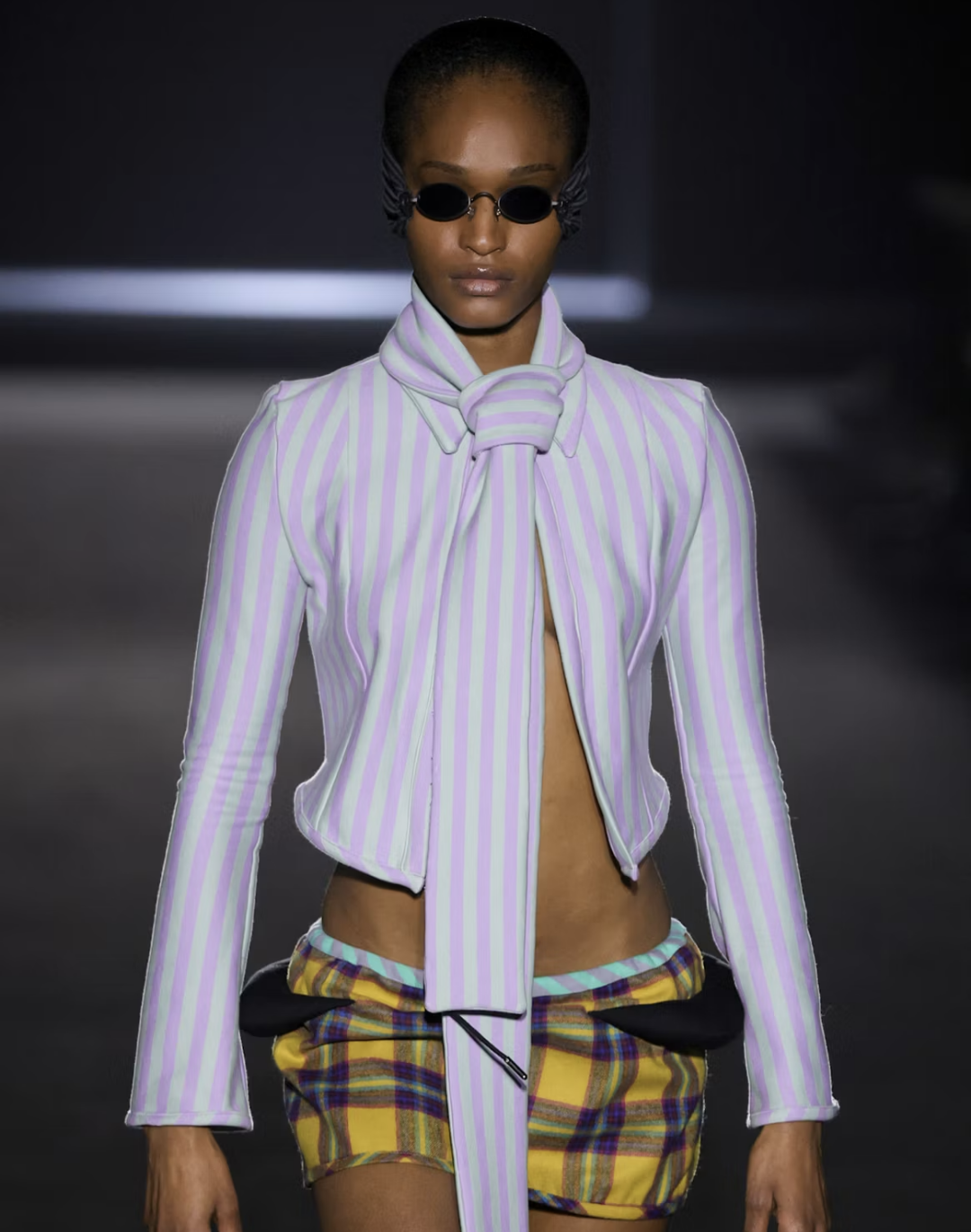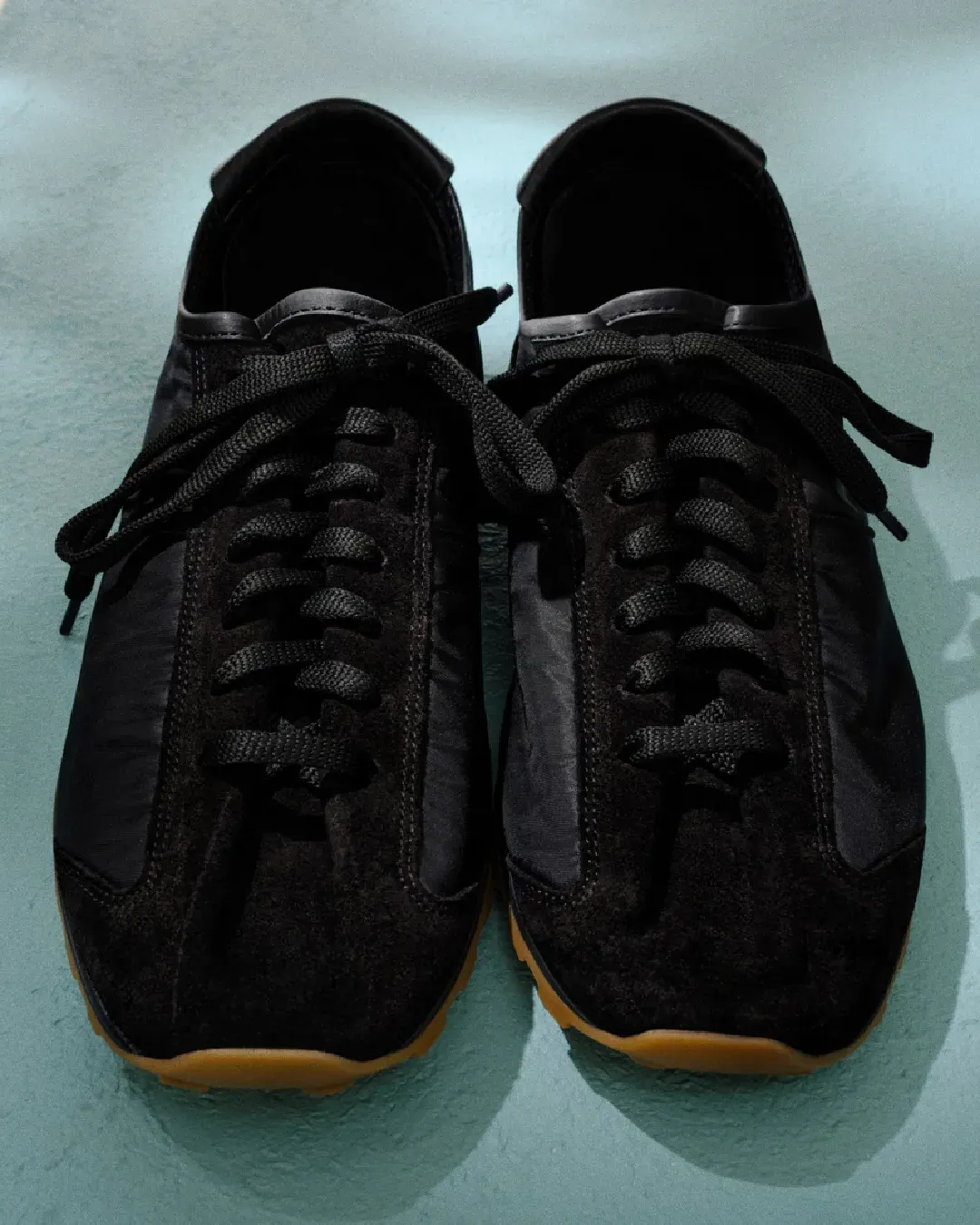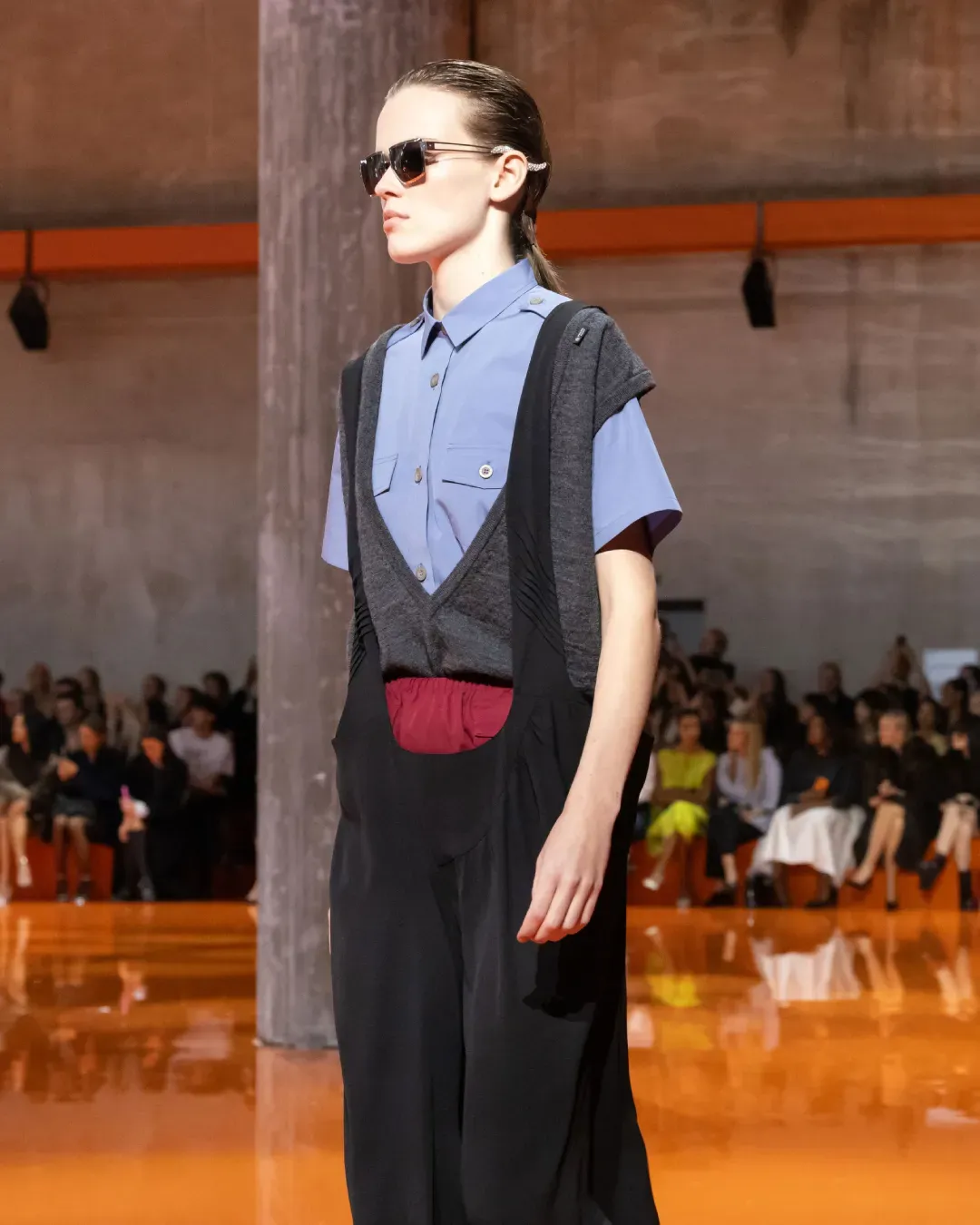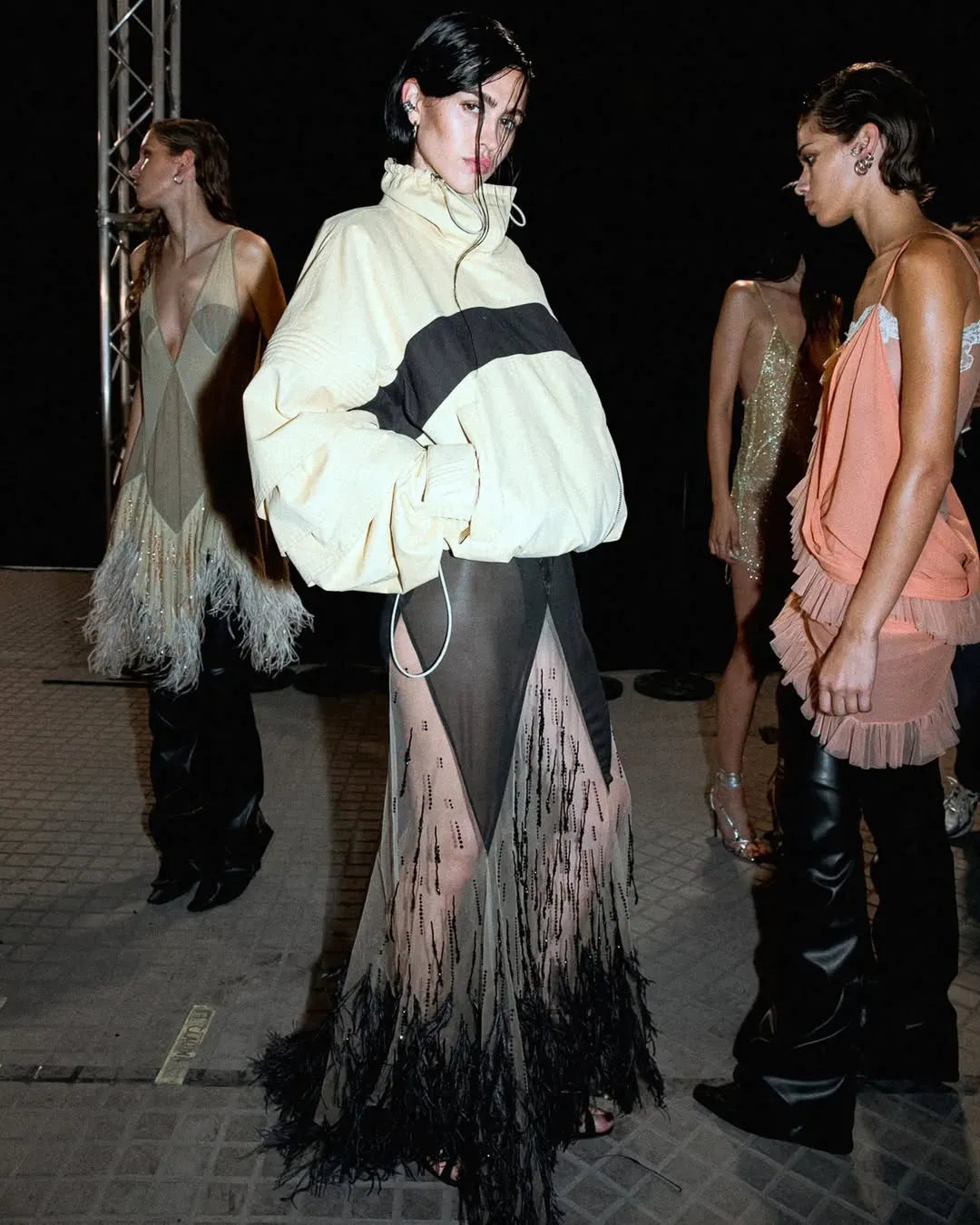
How Tbilisi is becoming the new fashion capital of the East We spoke with Sofia Tchkonia, founder of the first Georgian fashion week
Georgia is one of Europe's most high-rise fashion weeks. With the establishment of Mercedes-Benz Fashion Week Tbilisi in 2014 followed closely by the appointment of Demna Gvasalia as creative director of Balenciaga the following year, a new generation of Georgian designers was screened on a world stage and became a spokesperson for a hitherto unpublished culture. Sofia Tchkonia was the literal "godmother" of the event: not only did she employed a network developed over the years between Paris, London and New York to found it, but financed it largely out of her own pocket and still continues to direct it almost single-handedly.
It is thanks to figures such as that of Tchkonia that today's fashion world is able to open up to markets and, above all, to much larger and multifaceted worlds than if they find themselves in the most moused atmospheres of a Paris or a Milan. A type of openness that, during 2020, has become extremely relevant with the renewed commitment that many personalities in the fashion world have turned towards mentoring the new generations – not to mention the attention to inclusivity that has given new visibility to all those creative communities that in the past had remained out of the media mainstream.
nss magazine interviewed Sofia Tchkonia, to be told about the new trends in Georgian and East European fashion, about the new initiatives she has taken for MBFWT and about the future of fashion in Georgia.
Tell us about Georgian and East European fashion scenes. What defines their collective identities and from where do they draw their influences?
It’s been twenty-nine years since the Soviet Union collapsed, enough time for the younger generation to find the courage to step out of the shadows of the past and begin to imagine their own identity. This has produced an explosion of new ideas, designs and aesthetics and it’s no coincidence that Eastern European and Georgian fashion has recently found itself in the spotlight. The Georgian designer, Demna Gvasalia (currently Creative Director of Balenciaga) brought attention to Georgian creativity and at the same time, we've created the international platform: Mercedes-Benz Fashion Week Tbilisi. MBFWT brought together the most talented Georgian designers, their ideas are fresh and unique and in times of crisis they still find ways to survive. Georgia is going through many difficulties, political and economical changes; designers and creatives are constantly influenced by the changes in the environment they live in.
What distinguishes Tbilisi from Milan or Paris, as a fashion capital? And what are the main challenges that the local designers have to face?
Georgia is a small country with an interesting history and culture, which is undiscovered by the rest of the world. The fashion and art scene in Georgia is quite different from the ones in Paris, Milan or any other major city. We live on the crossroads of East and West and you can feel it everywhere; in the culture, in the mentality, in the cuisine, in art, fashion and especially in its capital, Tbilisi. Georgian designers are facing many challenges than spans from financial support to global fashion community recognition, nevertheless, the past five years proved that Georgian fashion can be attractive to the international press and buyers. Georgian fashion witnessed an economic success with its consistent growth and its credibility, leading to the demand of the global markets, and the boom of online shopping. Until the start of the pandemic, the sales forecast for 2020 looked encouraging.
What are the steps taken to help Georgian fashion and its designers?
Unfortunately, Georgian fashion designers are left on their own during this crisis and we had to start working in different directions to save Georgian fashion scene and not only, one of the steps is that we’ve created Georgian Fashion Foundation which will help with the needed funds and support. Taking part of this admirable foundations are influential personalities of the fashion industry.
Tell us something about the recently established Creative Incubator and Fashion Council. What are their main missions and what positive change can they bring?
Georgian Fashion Foundation's mission is to strengthen and support Georgian Fashion Industry activities and to raise both awareness and needed funds for those in Georgian creative communities who have been impacted by the COVID-19 pandemic. Georgian Fashion Foundation is established as a response to the new challenges, to raise and distribute funds to those who have been most affected as well as provide much-needed cultural relief.
We've launched a new platform for Georgian designers, www.mbfwtbilisi. online where people can view all the new collections and projects. Bringing the fashion community together, the platform hosts exclusive multimedia content from designers, creatives, partners, media, retailers, and cultural institutions enabling collaboration and bringing together fashion, culture, and art.
Besides, we’ve started working on the new initiative: project Factory. Factory is a creative incubator spread over 27 800 m2, in the former Coca-Cola factory, where local designers, photographers, and artists can showcase their work. It incorporates educational centres which will give the possibility to many talented minds to develop their vision and creativity. Promoting interaction between artistic disciplines from art and fashion design, to contract ideas, working together to achieve a cultural and educational integration, while contributing to the knowledge and dissemination of art, design, and culture.
Do you think the accelerated digitalization brought by the lockdown will help the Tbilisi fashion scene to gain more international visibility?
For us, the physical presence of international guest is very important. Meet the designers, see the city, its art and culture are crucial to gain traction. Nevertheless, we understand the importance of digitalization these days, through that we are able to introduce Tbilisi fashion scene to more and more people around the globe.
































































